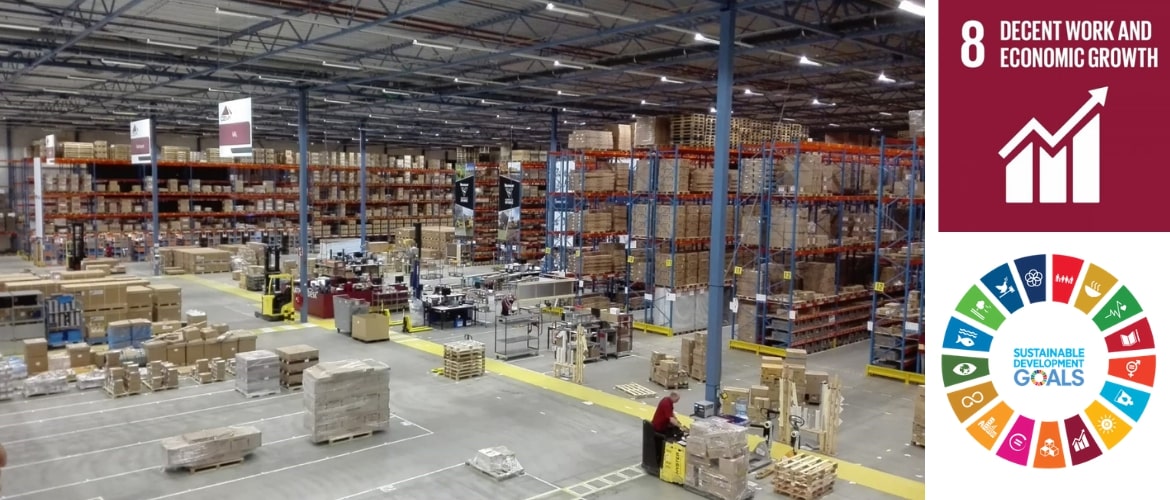This case looks at the challenges of CEVA Logistics, a Netherlands-headquartered global logistics company, in remaining true to its lean management principles and sustainability commitments through worker-centric operations when trying to meet an important new customer’s demanding requirements (Case A) and when trying to attract and retain qualified employees in an unfavourable business environment (Case B).

The case has two sub-cases: Case A focuses on CEVA’s dilemma of choosing between a directive and a transformational leadership approach, and Case B focuses on CEVA’s struggle to increase its labour force at a time when the logistics industry was undergoing transition due to the changing economic and political situation and the rising trend of automation.
The case is part of the Sustainable Development Goals (SDGs) case series, developed by Rotterdam School of Management (RSM), Erasmus University. With a focus on SDG 8 (Decent Work and Economic Growth), this case is also closely related to SDG 9 (Industry, Innovation and Infrastructure). Video learning materials and other resources about these SDGs are available at www.rsm.nl/sdgs.
1. Describe directive leadership and transformational leadership, respectively;
2. Discuss the benefits and costs of directive leadership and transformational leadership, respectively;
3. Formulate ways to implement transformational leadership; and
4. Critically evaluate whether transformational leadership enhances productivity.
This case is targeted at Master students (MSc or MBA) and executive students of supplychain management, operations management, logistics, organisational behaviour,leadership,or human resources management. It can also be used for teachingsustainability and general strategic management.
-
Tao Yue
-
Deborah Sherwood
Warehousing; logistics; employees; labour; migrants; automation; robotic; HR; motivation; safety; engagement; operation; efficiency; lean management; Uniqlo; Japan; Europe; global
Request a teaching note via cdc@rsm.nl